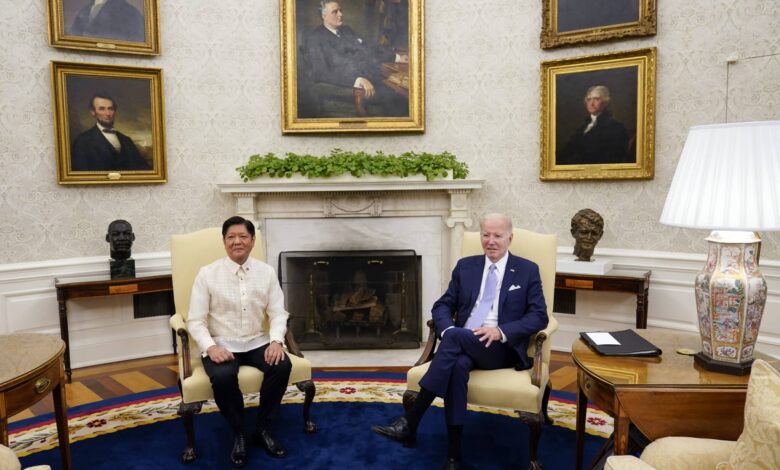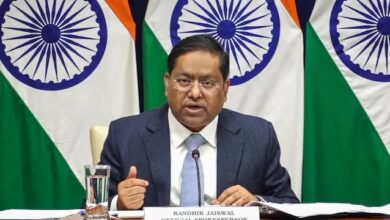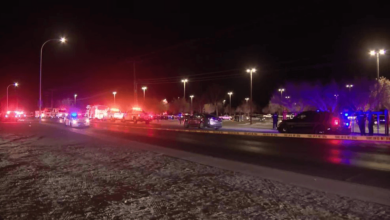
Some details about what has happened so far are included: Philippine officials and their American counterparts state that the Philippines has agreed to host a ‘limited number’ of Afghans who will be temporarily relocated to the United States.
According to the U.S. Department of State, the government personnel shall also feed, house, secure, and provide medical care and transportation to these individuals while processing their visas in the Philippines.
“The United States notes its positive and longstanding relations with the Philippines and extends its gratitude to the Philippine government for recognizing the Afghan interpreters who have been assisting the U.S.,” the State Department said.
On the other hand, the Philippine Department of Foreign Affairs affirmed that the deal still needs to go through the required internal proceedings to take effect. Although the exact number of Afghan applicants has not been revealed, according to a Washington Post report citing unidentified senior U.S. officials, around 300 applicants will be processed in the country.
This plan also proves the close relations between the U.S. and the Philippines under President Ferdinand Marcos Jr. Unlike Duterte, Marcos Jr. made the Philippines’ foreign policy more friendly toward the United States.
Afghan people fleeing their country have sought refuge in the US and other nations since the Taliban seized power in August last year, with over 160000 Afghan nationals arriving in the US, thousands of these still lodged in third countries waiting for their visas under Operational Allies Welcome. Most deserving people had labored for the U. S. administration before the Afghan National Security Forces fell.
However, the Filipino bid to accommodate applicants from Afghanistan has not been fully embraced owing to legal and security concerns. In June, Marcos pointed to numerous security ramifications of the plan while also noting the country’s long-standing history of hosting refugees.



